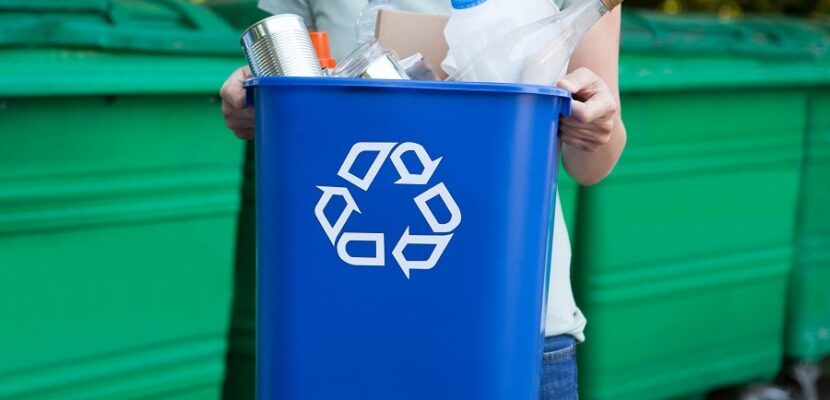
Did You Know That Recycling Can Save You Money?
- Mark Edwards ·
- 0 Comments ·
- September 23, 2021
Recycling is a process by which we can save the environment and conserve our natural resources. It’s an effective way to reduce pollution and help wildlife and ecosystems flourish. Through recycling, we can avoid producing more waste than our planet can handle and maintain sustainable development for future generations.
We live in a world surrounded by plastic products; there are bottles, bags, wrappers, straws, forks, cups… many disposable items that contribute to the environmental crisis we face as consumers.
What Should You Be Recycling?
One thing to remember when thinking about what you can recycle is that not all products may end up in the same receptacle because it depends on your country’s recycling facilities . For example: Paper will go into one receptacle but that same paper can be recycled into another product.
Here is a list of the most common things that are recyclable:
- Plastic bottles, pots, tubs and trays.
- Paper and cardboard.
- Aluminum, steel and tin cans.
- Glass jars and bottles.
Cooking Oil
After food has been prepared, cooking oil should be collected in a bottle and placed in the bin. Oil can also be recycled and used for biofuel. GF Commodities will take care of it if you have any. When recycling oil, it’s important to ensure that no other materials have been mixed in with the waste.
Electrical Appliances
Old electronic devices that are no longer needed can be recycled at your local recycling facility or through an organization that makes it easy to remove waste.
This is not an exhaustive list of recyclable products but it includes some of the most common items you might see in your home. Even though recycling is a personal choice, unfortunately there are some countries that do not have the right facilities to recycle all of these products, so it is important to be aware of this before throwing things into recycling bins.
Recycling in Your Area
Although it might not be clear to some people which products can or cannot be recycled in their area, there are resources available on the subject. For example: Check out your local council’s website for more information about recycling in your area. Some councils have a section on their website dedicated only to recycling.
The best way to reduce the amount of waste we produce is by trying our best to buy items with little or no packaging. Fight back against pollution by using reusable shopping bags instead of plastic ones for example. Look out for bins at your local supermarket or recycling plant to dispose of waste properly.
What Are the Benefits?
The process is simple too: once you’ve gathered all the recyclables together, take them to where they need to go to be sorted and processed. You may have to pay a small fee but it’s definitely worth it. At this point your old materials will be turned into something new which means less landfill. Less littering on our streets and beaches will also reduce pollution in our oceans; plastics end up here when people throw them away irresponsibly. Marine animals, birds and fish are particularly affected by this type of pollution; it can cause them to choke or starve when they get tangled up in our waste.
Recycling has become a common activity in our homes so we think about what items are recyclable and how to recycle them correctly.
Avoid Wasting Natural Resources
We can’t make products such as paper and plastic so we need to use materials that already exist. Through recycling, we can reuse these products and prevent them from disappearing.
Reduce Greenhouse Gases
Every ton of recycled paper prevents up to 17 trees from being cut down while saving over 10 million litres of water.
Save Money
Recycling reduces the consumption of raw materials and energy so it saves you money in the long run. The savings can be used to take care of your family, pay off debts or go on that holiday you’ve always wanted.
What Should You Do?
Recycling doesn’t just benefit the environment; there are new products made from recycled materials which means new jobs too. Recycling is the next step towards sustainable development on Earth because it encourages us to use resources that would otherwise be wasted.
It’s important that everyone on Earth takes responsibility for reducing their own environmental impact. We owe it to our children and grandchildren to leave this world cleaner than we found it so let’s all recycle more – together!
